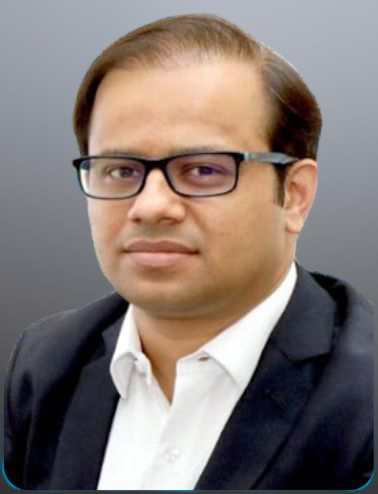Best Doctors for Dementia in Indore
Dementia is a neurodegenerative condition which leads to a decline in cognitive functions, affecting essential mental processes such as thinking, memory, and reasoning and impacting the patient’s daily activities. The cause of dementia involves damage to brain cells, disrupting their communication and function. The risk factors that increase the likelihood of developing dementia include advancing age, family history of dementia, lifestyle factors such as smoking, excessive alcohol consumption, poor diet, and lack of exercise. Underlying medical conditions, such as hypertension, diabetes, high cholesterol, head injuries, depression, and social isolation may also add to the risk of developing dementia.
In Indore, a hub for trade and commerce in central India, residents are becoming increasingly aware of dementia. The best dementia doctors in Indore advise lifestyle changes that may reduce the risk of developing dementia. Nevertheless, Apollo Hospitals Indore has a team of accomplished dementia specialists who are committed to providing comprehensive care for those living with the disease.






 Call Now
Call Now




